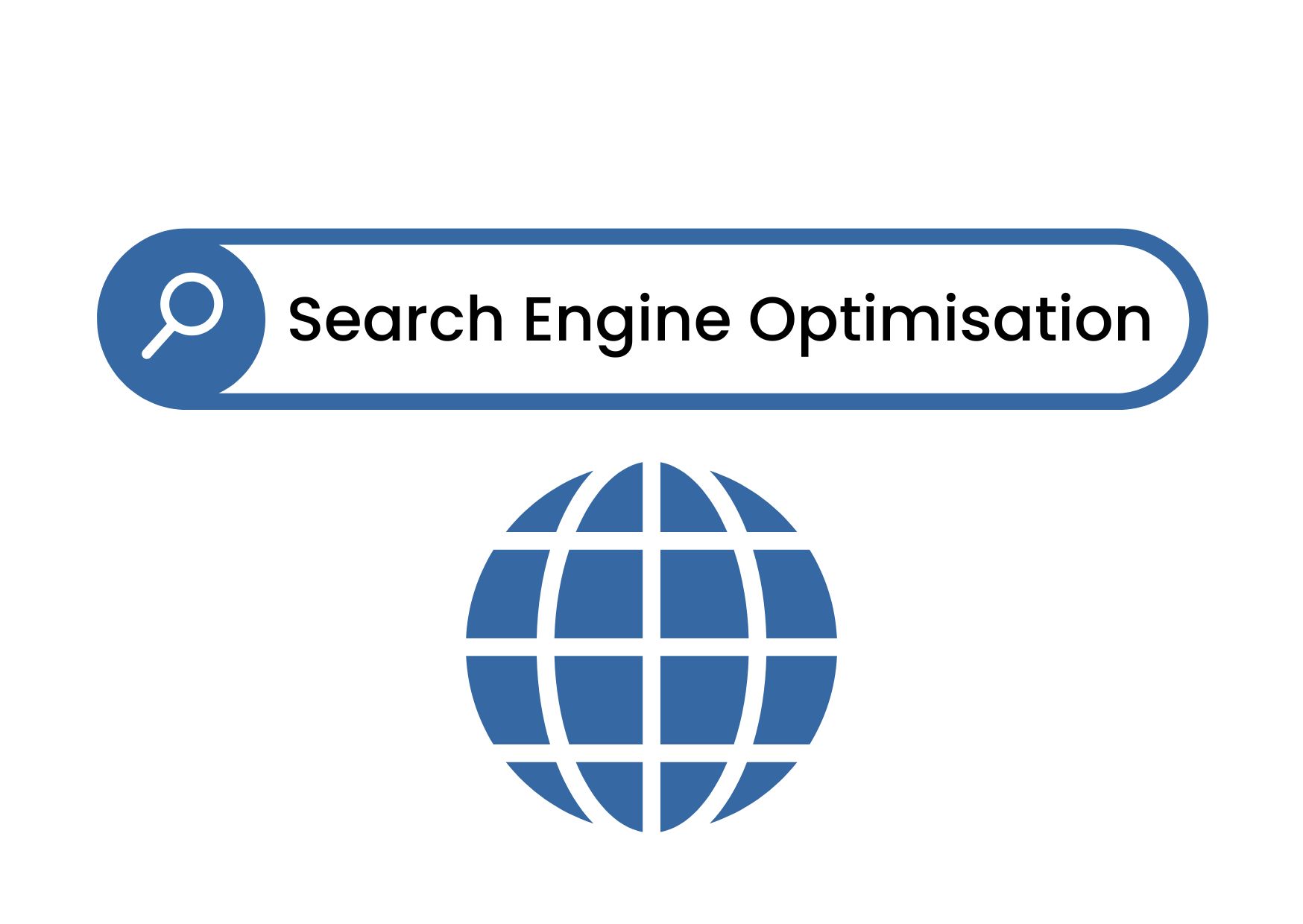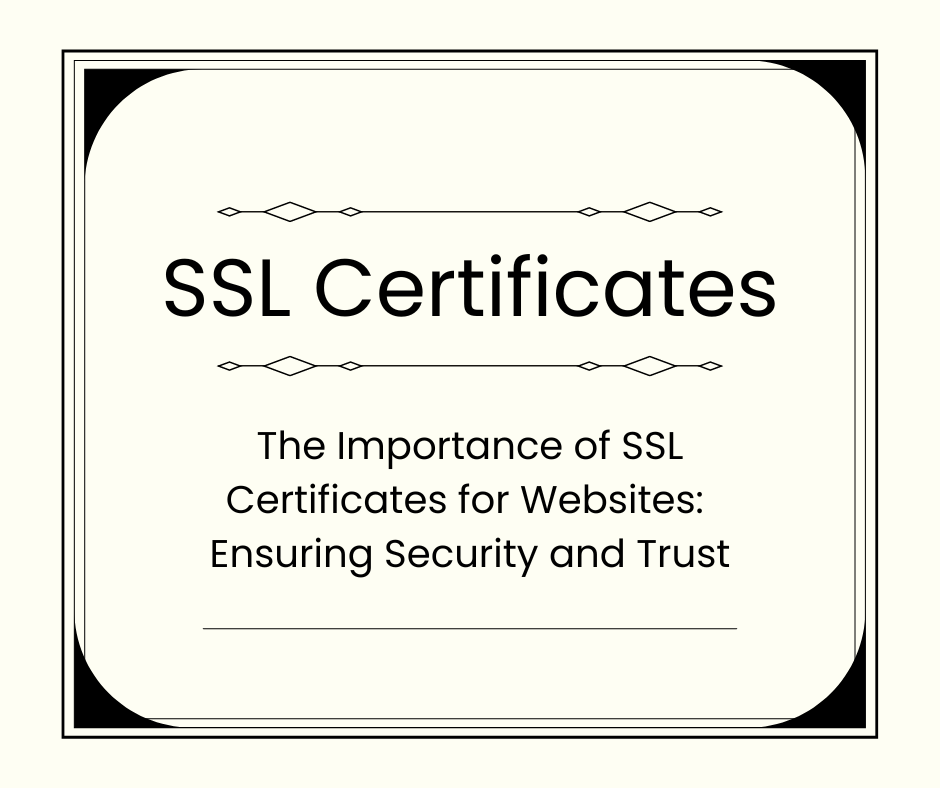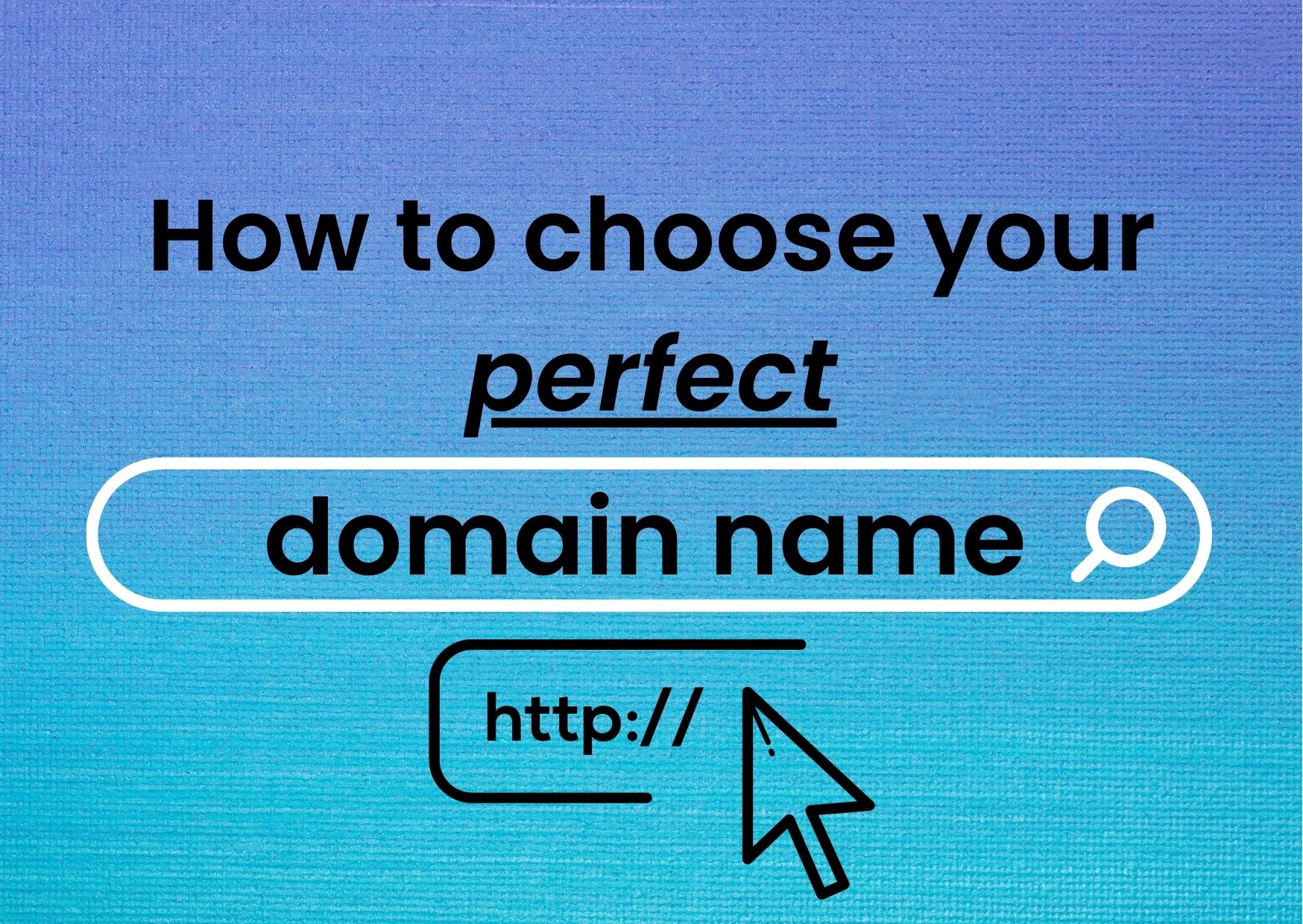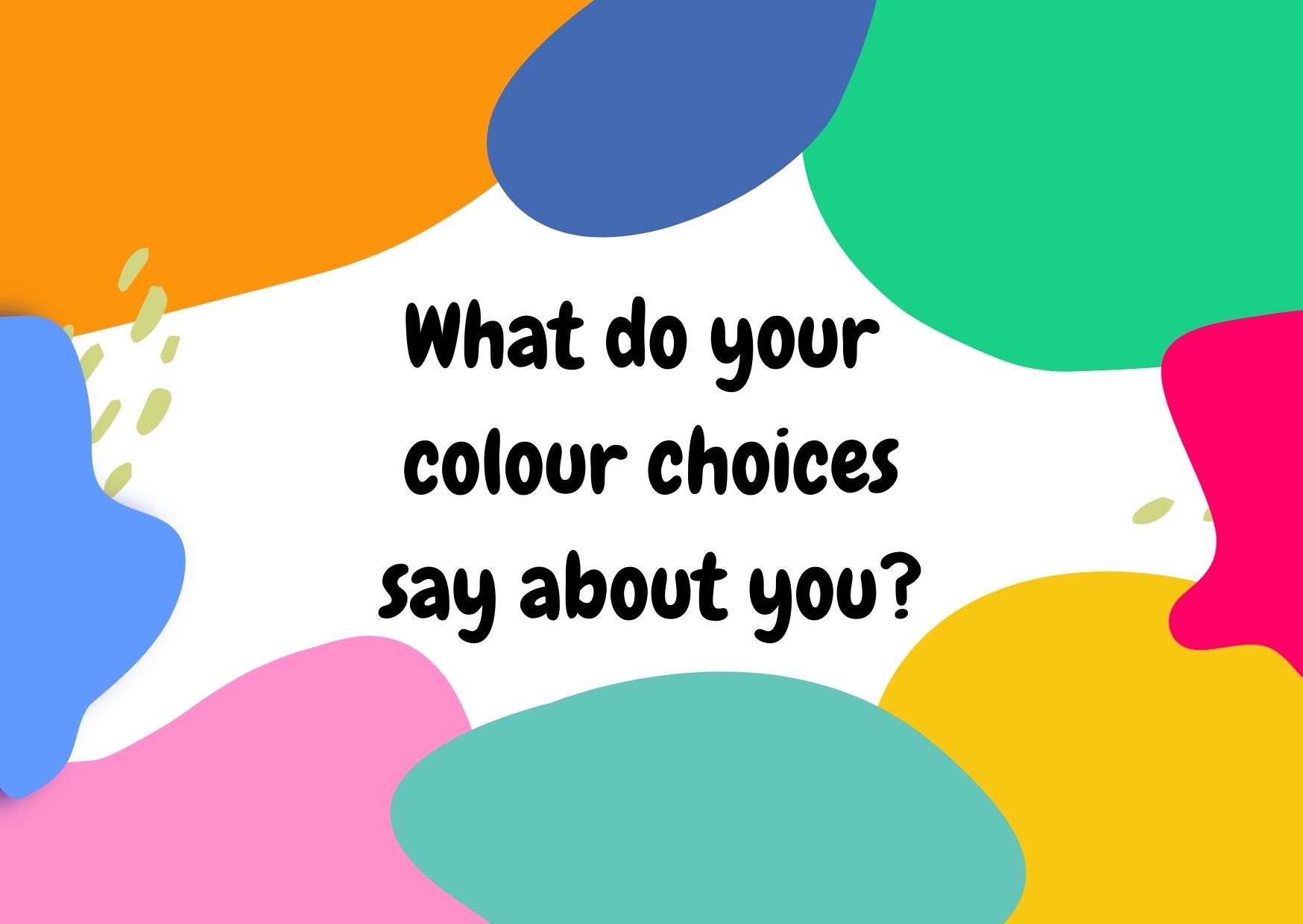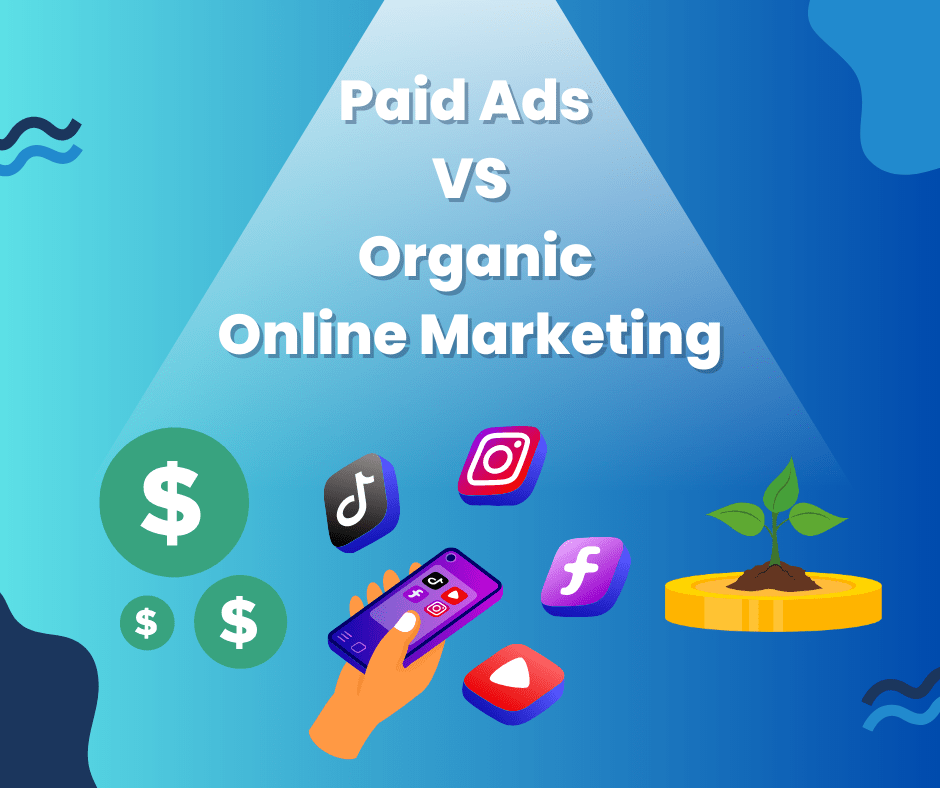
Paid Ads VS Organic Online Marketing
Paid Ads VS Organic Online Marketing:
There’s no question as to the importance of social media for business. What was initially a medium for personal entertainment and online socialization quickly transformed into one of the most common and effective marketing tools available for businesses. In fact, research from Statista found
that nearly 92% of U.S. marketers in companies with more than 100 employees were expected to use social media marketing (SMM) in 2021. However, simply posting random product images on social media isn’t enough for a business to be successful with this type of marketing.
Companies benefit from creating a strategic social media approach that combines both paid and organic social media marketing tactics. In this blog, we are going to dive into the pros and cons of each option so you can use them to your advantage.
Social Media Marketing:
Social media marketing, also known as social media advertising, is when a company uses social media platforms to connect with their target audience. Popular social media marketing platforms such as Facebook, Instagram, Twitter, and TikTok can be used to promote products and services,
engage with and inform consumers, and grow web traffic and sales. SMM is also ideal for developing your brand.
There are two main types of social media marketing: paid and organic.
Paid Social Media Marketing:
Paid social media marketing is when you pay for promotional content to be posted on social media, such as advertisements and sponsored posts. This type of content can be seen by your current subscribers or followers, as well as people outside of your following.
Organic Social Media Marketing:
Organic social media marketing is when users find your business through unpaid promotions, such as social media posts you have on your company’s profile pages. Organic social media is primarily seen by your current subscribers or followers and anyone they share it with.
Marketers often find success using a combination of both paid and organic social media marketing, although the balance of the two will depend on your specific business needs.
Benefits of Paid Social Media Marketing:
- Expands your audience reach - Paid social media marketing allows you to reach your target customers whom you might not otherwise have had access to through organic methods. You can cast a wider net for potential customers, increasing your overall visibility. This is a great way to attract new consumers and increase your social media following.
- Increases brand awareness - Paid social media campaigns can increase your brand awareness among both new and existing customers. Each time someone sees your ad, your brand becomes top of mind. Providing valuable content through your paid social media advertisements can increase consumer trust and brand awareness.
- Can be customized to retarget consumers - Many platforms, such as Facebook, give you the ability to customize your ads based on consumer behaviour. For example, if a user visits a certain webpage or product, you can target them with an ad related to that experience.
Challenges of Paid Social Media Marketing:
- SMM is competitive - Social media marketing is one of the least expensive types of advertising available, which makes it a viable option for small and large businesses alike.
However, there is only a finite amount of ad space available to reach each consumer, and with a high demand for visibility, the cost for getting your ads prioritized over the competition can add up.
- Requires a skilled campaign manager - If you’re putting business dollars into your social media marketing campaign, it’s important you have a skilled social media manager (or team) running your campaign for you. This means not only hiring someone with the skills and experience to be successful, but also ensuring they understand your target audience and the best ways to reach them. You don’t want to spend all your efforts advertising on Facebook if your target demographic is primarily on TikTok.
- Can become repetitive to your audience - Flooding your audience’s news feeds with ads about your product can annoy them and cause them to skip over your advertisements, diluting your paid efforts. To avoid this, it’s important to have a strategic social media campaign that finds the right balance for the posts you offer.
Benefits of Organic Social Media Marketing:
- Organic SMM is free - OK, it’s not totally free; organic social media marketing will still cost you time. However, organic social media marketing is cheaper than its paid counterpart in terms of ad dollars. This is especially notable for businesses that don’t have a team in place to effectively manage a paid campaign or for companies with a limited budget.
- Builds your brand’s authentic reputation - Organic social media posts help build a brand’s online reputation over the long term. You can post content that is less salesy and more entertaining to keep your audience engaged. Since many consumers view organic content as more trustworthy than paid posts, it’s a great way to build your credibility, reputation and brand awareness.
- Allows you to engage directly with consumers - Social media is a direct line to your consumers and followers, and it can be used to personally interact with them. Organic social media actions, such as answering questions and responding to or sharing feedback, are an effective way to communicate with consumers, resolve concerns and build trust.
Challenges of Organic Social Media Marketing:
- Limits your audience reach - Organic social media posts reach your current audience only, which means you are relying on your current subscribers or followers to make repeat purchases and share your content with others. This limits the amount of exposure you have and reduces the chance of finding new potential customers.
- Isn’t targeted - Organic posts aren’t targeted in the same way paid posts are. Instead of being able to retarget consumers based on their previous searches or intent, you must take a more one-size-fits-all approach in hopes that your posts are relevant to many, if not most, of your followers.
- Can be time-consuming - Like any marketing effort, social media can eat up a lot of time. This is especially true for companies that want to have a presence on several social platforms.
Marketers wondering when and where to spend their social media marketing dollars should have a strong understanding of the interests and demographics of their ideal audience, as well as insight into what types of content will be of interest on a particular platform.
An inclusive strategy would ideally integrate some level of both paid and organic social media marketing. For example, paid social media can be a great way to attract new customers, and then organic efforts can be used to engage existing consumers and nurture long-term relationships. Businesses new to social media or those with limited funding can also start with marketing strategies that focus primarily on organic social media and then add paid efforts when their budget allows and they are comfortable using the platform and its features.




